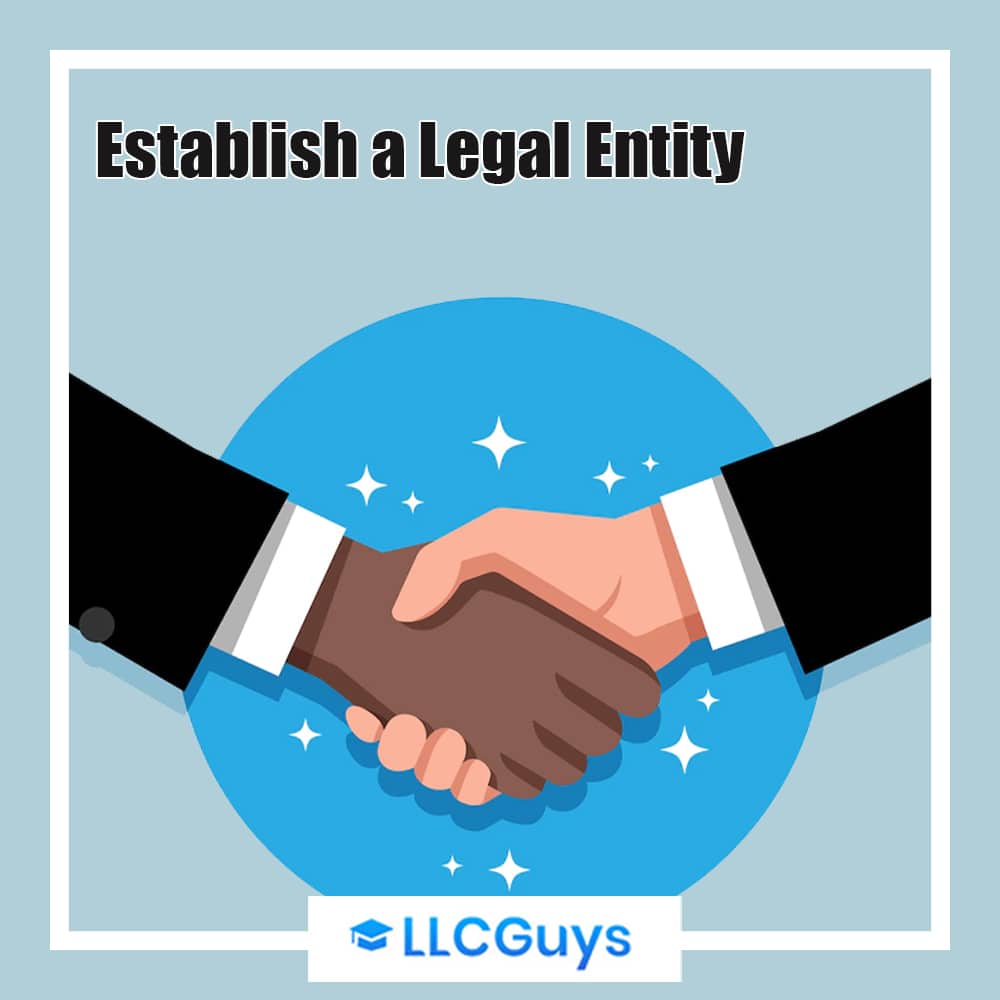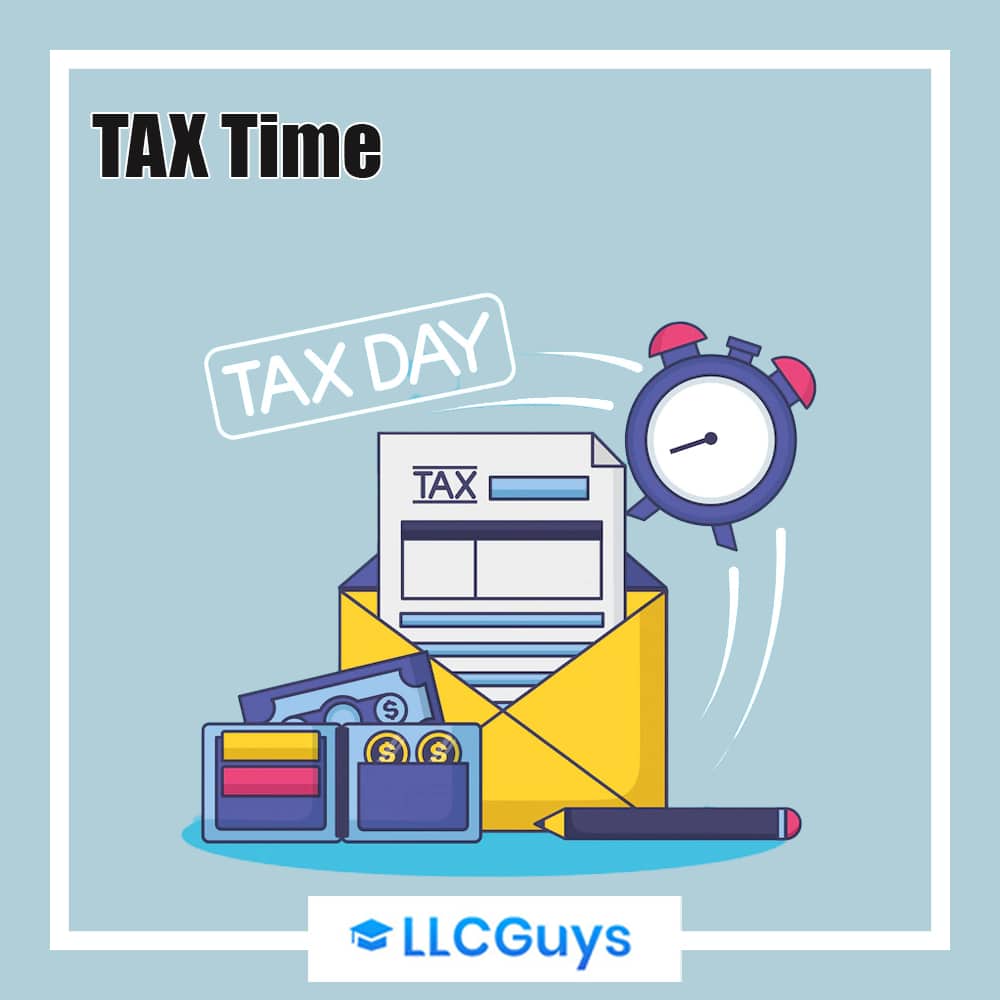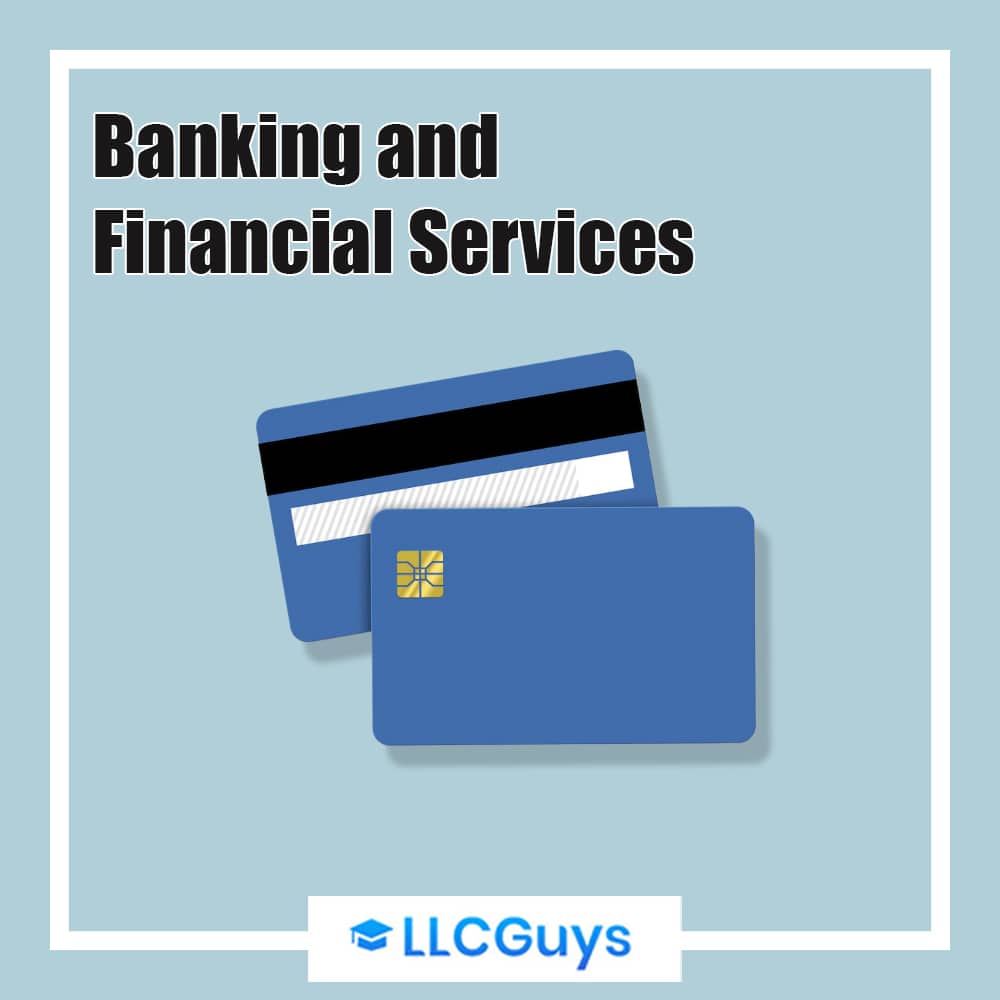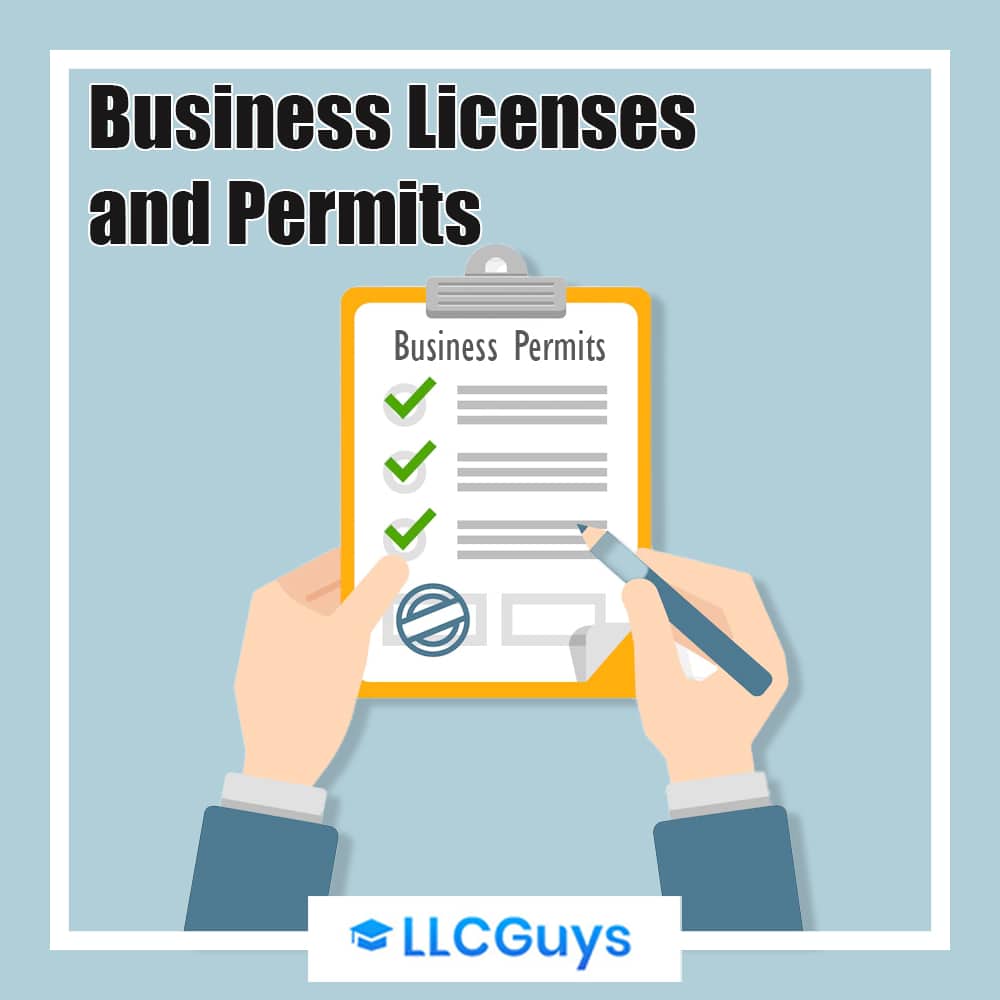How to Start a Freelance Writing Business or An Agency? A FREE Guide
Hire Professionals To Establish a Writing Agency LLC For You [starting from $49]

“It’s terrifying trying to make it as a freelance writer.”
I opened the email right away since the subject line was so bold (and true). It was from a young woman who’d just graduated with a dual degree in English and journalism, and she was asking me how, how, how can I earn a livelihood doing this?
It wasn’t the first time I’d gotten an email like this, which I find completely ridiculous. I would have laughed in your face if you had told me only a few years ago that I’d be making a living as a full-time freelancer, let alone offering to advice on the subject. I had never written a pitch to an outside publication, even when I was employed as a staff writer.
After much encouragement from my close friend (and fellow TWL writer!) Susan Shain, I finally became courageous enough to start submitting ideas. Susan, thanks once more.
Now that I’ve been working for myself for over three years, I’ve made more than I did as an employee in the first year. It’s no surprise that I prefer working from home and wearing yoga pants and tee shirts during the day, so answering the question “How do you do it?” has become a popular topic of conversation.
It’s never simple to respond, though.
- Hire Professionals To Establish a Writing Agency LLC For You [starting from $49]
- So, How Do You Go About Becoming a Full-time Freelance Writer?
- Here’s How Yo Het Started As a Freelance Writer, In My Opinion.
- 1. Seek educational or training opportunities
- 2. Consider beginning with a staff position
- 3. Go out there and begin throwing
- 4. Display your work on the internet
- 5. Networking: Yes, networking is a thing for authors as well
- 6. Determine how you will be compensated
- 7. Understand that the job isn’t always glamorous
- 8. Be prepared for the unexpected
- Here’s Another “How to Get Started As a Freelance Writer”? (An Enterprise Perspective)
- STEP 1: Make a business plan
- STEP 2: Establish a legal entity
- STEP 3: File your taxes
- STEP 4: Establish a Corporate Bank Account and a Credit Card
- STEP 5: Create a Business Accounting System
- STEP 6: Secure the Required Permissions and Licenses
- STEP 7: Obtain Commercial Insurance
- STEP 8: Create a Brand
- STEP 9: Make a Website for Your Writing Company
- STEP 10: Configure Your Company Telephone System
- Start a Freelance Writing Business LLC With Professional Help
- FAQ on How To Start a Freelance or Agency Writing Business
- In Conclusion
So, How Do You Go About Becoming a Full-time Freelance Writer?
Here’s the deal:
There is no foolproof, step-by-step method for landing the freelance writing job of your dreams. You’ll get ten different how-I-made-it tales if you ask ten different authors — or, more correctly, how-I’m-making-it-up-as-I-go-along stories.
The practicalities of getting started as a freelance writer are straightforward, if not easy: Have strong ideas, be able to properly explain them, and put in a lot of time and effort into the Sisyphean task of finding media that will pay you to publish them. (As well as persuading them to do so.)
As you’ve already figured out, this blog is an excellent resource for finding out these details and developing your abilities at each level. We also have an eBook dedicated to newbie freelance writing work.
The reality about how to make a life as a freelancer
But when it comes to turning it into a full-time job, I’ll be honest: a lot of it is luck, as well as growing extremely comfortable with rejection. I consider it a major victory if even 10-15% of my pitches receive a good reaction.
However, if you are serious about being a freelance writer, there are some concrete measures you can take to get started.
Here’s How Yo Het Started As a Freelance Writer, In My Opinion.
1. Seek educational or training opportunities
You don’t need a formal degree to work as a freelance writer, so don’t be concerned. If you’re beginning from scratch, though, you’ll almost certainly want to educate yourself in some way so that you can generate high-quality work right away.
If you don’t have the funds or time to attend a university, consider taking an online writing course. They’re usually less expensive than formal degrees, and you can do them from home (or in the evenings or weekends if you have a day job).
If you want to attend college or are currently pursuing a degree, formal education that will assist you in achieving your objective may be beneficial.
English major professions, contrary to common belief, maybe lucrative, as can other writing-intensive majors including creative writing, communications, and journalism.
Humanities classes strengthen your rhetorical muscles, making you a better writer and thrower. Furthermore, these schools provide you with the soft skills that employers need, which is beneficial because you’ll almost certainly need a day job while you figure out how to make the whole yoga-pants-forever thing work.
If college is already behind you, you might want to explore graduate school, especially an MFA. But be cautious. The extra cost won’t guarantee you a job in the future, and if you’re already in debt from school loans, you could just be digging a bigger hole. It’s more about experience and practice than fancy credentials when it comes to freelancing.
Fortunately, you don’t have to go broke to go back to school if you want to. Tuition exemptions are available for many MA, MFA, and Ph.D. programs if you teach or help in teaching a number of undergrad classes while you study. If you look hard enough, you can obtain fellowships, scholarships, and other loan-free financial help.
2. Consider beginning with a staff position
Yes, I realize that landing an editorial job — or any job, for that matter — is easier said than done.
However, websites and journals do recruit writers, and landing a full-time job will provide you with two incredible, irreplaceable benefits: an instant stack of clips and a world of hands-on knowledge you won’t get anywhere else
Working directly with editors and other creatives on a daily basis will make you a better writer; if you work for a digital newspaper (likely), you’ll almost certainly receive some SEO training and other know-how as well. I am certain that my success is due to my time at The Penny Hoarder, where the managing editor — Alexis Grant, who also founded this website — practically handed me a writing career in a bag when she hired me.
3. Go out there and begin throwing
“This is how it’s done: you sit at the keyboard and type one word after another until it’s finished.” It’s both easy and difficult.” Neil Gaiman, author
After all, the only way to become a freelance writer is to begin writing.
That implies taking a risky step: even if you don’t have many clips, you’ll need to start pitching newspapers and asking for jobs. Hey, everyone starts off as a novice.
There are, of course, other methods to demonstrate your writing abilities if you’ve never published professional work. Have a great short story that hasn’t been published yet? Perhaps an especially well-crafted college essay? With a brief memoir I wrote in graduate school and — believe it or not — wine-tasting notes, I applied to The Penny Hoarder. Most companies and clientele are more interested with whether or not you have the goods than than where you acquired them.
4. Display your work on the internet
If you provide a link to an online writing portfolio where editors can view your work, your pitches will be significantly more powerful.
It doesn’t have to be something extravagant! A static website, even one built with a template, would suffice.
When it comes to a portfolio, I prefer Contently. It’s not just a simple, easy-to-use digital portfolio, but it can also help you score valuable employment by matching editors with writers and other content creators based on certain beats and skill sets. I’ve made thousands of dollars simply by choosing to use it.
Consider launching a blog if you want to take things a step further. Regularly writing is a terrific way to improve your skills, and you could even gain a following.
When editors link over to your site from your pitch, a blog provides them more examples to look at; each blog post is an indication of the type of work you produce. That doesn’t mean they have to be perfect, but keep in mind that if you have a blog, editors will use it to gauge your ability and inventiveness.
Finally, having a website gives you a sense of legitimacy. (Impostor Syndrome is a real issue in this industry, so be prepared!)
Also, make sure your social media profiles reflect nicely on you while you’re doing it. Any excellent editor will look into them to find out more about you.
5. Networking: Yes, networking is a thing for authors as well
“Networking” has always felt like a four-letter term to me as a serious-business introvert. In fact, I was first lured to freelancing because it allowed me to escape the noisy, packed office atmosphere.
Nonetheless, my first large customer — the one who allowed me to quit my day job and whose work continues to provide a significant portion of my income — was an opportunity I obtained in part due to a mutual relationship. I’ve also produced online copies for gym acquaintances, friends, and family members, which proved to be profitable assignments in terms of both money and experience.
Jessica Lawlor, the managing editor of The Write Life, writes about how she got her first freelancing customer and how she discovered others after that. Almost every story includes networking, from sorority sisters to Twitter buddies to existing career contacts.
For example, when it comes to writing prospects, don’t disregard any of your present social circles, and prepare ready to actively try to expand them. Everyone requires the written word on sometimes!
6. Determine how you will be compensated
This may seem self-evident, but it can be difficult to master when you’re just getting started. You’ll need a mechanism to receive money from their bank account into yours once you’ve acquired a customer and delivered the task you promised.
Many freelancers have abandoned paper checks in favor of internet payments. If you’re just starting out as a freelancer, keep things simple by sending your customer a PDF invoice and asking for payment using an easy-to-use method like PayPal.
Are you unsure what to include on your first invoice? We have you covered! Here’s how to make an invoice, along with an example.
Once you’re certain you’ll remain with freelance writing, it’s time to upgrade to software that can generate invoices for you and track payments. For freelancers, we’ve compiled a list of the top invoice generation software.
7. Understand that the job isn’t always glamorous
When I tell people I work as a freelance writer, they frequently assume I only write for glossy publications with single-word names. So far, the closest I’ve come is Yahoo!, which I like a lot but whose distinctive exclamation point doesn’t exactly scream elegance or refinement.
The majority of my paid employment is significantly less glamorous, yet it is necessary to keep my bank account afloat. Website copy, SEO work, and listicle-style blog pieces aren’t everyone’s idea of a dream job, but they’re some of the most consistent methods for freelance writers to make a living. Many firms may supply a continuous stream of this type of employment, allowing you to develop a semi-reliable payroll by becoming anchor clients.
The goal is to do as much of the mundane job as you need to get by, and then utilize the rest of your time to propose those exciting projects you’ve been dreaming of.
Even unfun writing counts as vital practice, which might be difficult to strike. You’ll refine your skills and earn money while accumulating more clips — and better chops — to show off when you’re pitching the big boys. Then you may gradually go to working only on higher-paying, more engaging material.
8. Be prepared for the unexpected
Working for yourself is a strange and occasionally perilous world, with erratic income, odd hours, and complete access to the refrigerator.
At the absolute least, you’ll want to budget for things like managing your income and spending, paying your own taxes, purchasing your own health insurance, and saving for retirement. Clients come and go for even the finest writers, so make sure to save enough money to cover those inevitable dry spells.
It’s also a good idea to set restrictions to give your otherwise unstructured day some structure, such as opting to write solely at your desk rather than on your sofa or forcing yourself to wear actual pants for the entirety of your workday. (Or perhaps not.) Let’s not get carried away here.)
Here’s Another “How to Get Started As a Freelance Writer”? (An Enterprise Perspective)
There’s more to launching a business than merely filing paperwork with the government. This easy-to-follow tutorial will help you get started with your freelance writing career. These processes will guarantee that your new firm is well-planned, legally compliant, and correctly registered. Follow this 10-Steps-Guide!
- Form your Freelance Writing Business into a Legal Entity Plan your Freelance Writing Business
- For tax purposes, you should register your freelance writing business.
- Establish a Business Bank Account and a Credit Card
- Create a bookkeeping system for your freelance writing business.
- Get the Permits and Licenses You Need for Your Freelance Writing Business
- Get Business Insurance for Freelancers
- Create a brand for your freelance writing business.
- Make a website for your freelance writing business.
- Create a Business Phone System
STEP 1: Make a business plan

Entrepreneurial success requires a well-thought-out strategy. It will assist you in mapping out the details of your company and uncovering some unknowns. Consider the following crucial points:
- What are the initial and continuing expenses?
- Who is your intended audience?
- What is the maximum amount you may charge customers?
- What will you call your company?
Fortunately, we’ve already done a lot of the legwork for you.
How much does it cost to start a freelance writing business?
A computer, a high-speed internet connection, a desk, and potentially a printer is all required. A laptop can cost up to $1,500 depending on the model you purchase and the word processing software you use. The average monthly cost of a wireless internet connection is $50; however, it can be much higher or cheaper depending on the wifi provider and the desired connection speed. Both a workstation and a printer are optional expenditures that you might choose according to your needs.
How much does it cost to run a freelance writing business?
High-speed internet is not free for writers. This ranges from $30 to $60 each month. Maintenance, repairs, and replacement of computers are also required. Set aside at least $50 every month for these costs. Depending on how often you use your printer, ink will cost anywhere from $20 to $50. To gain access to clients, several online content mills require writers to pay fees. If you go this route, you’ll pay anything from $10 to $50 each month to obtain access to clients.
Who is the intended audience?
An ideal customer is a company that demands a constant flow of written material. Internet content mills, newspapers, journals, and small to medium-sized business owners that need online material optimized for search engines are examples of such clients.
How can you make money as a freelance writer?
Clients pay freelance writers for the development of content, which they charge for. A piece’s pricing is generally calculated in pennies per word. Alternatively, you may charge a customer a set amount for a given job, independent of its duration.
What is the maximum amount you may charge customers?
You can charge various rates per word or per project. The final pricing is determined by the client’s budget, the type of work, your degree of experience, and your enthusiasm to write about the project. A 1,000-word article will typically pay between $25 to $175.
How much money can you make as a freelance writer?
In his first year, a freelance writer can earn up to $20,000 or more. If you stick with it, you might earn $30,000 or more in the coming years. After several years of hard effort, you could hit the $50,000 level or greater if you continue to attract clients.
How can you increase the profitability of your company?
Do not remove articles if you work for an online content mill that allows clients to reject works. There are also additional online content mills where you may sell rejected articles. Some busy freelance writers prefer to outsource certain jobs to other authors and take a cut of the cash as a type of “finder’s fee.”
What will you call your company?
Choosing the appropriate name is crucial and difficult. If you don’t have a name for your business yet, check out our How to Name a Business guide or use our Freelance Writing Business Name Generator for some inspiration.
If you run a sole proprietorship, you might wish to choose a different business name than your own. For further information, see our DBA guide.
When registering a business name, we recommend conducting the following research:
- The business records of your state
- Records of federal and state trademarks
- Platforms for social media
- Availability of web domains.
It’s critical to have your domain name registered before someone else does.
STEP 2: Establish a legal entity

The sole proprietorship, partnership, limited liability company (LLC), and corporation are the most popular business structures.
If your freelance writing firm is sued, forming a formal business organization such as an LLC or corporation prevents you from being held personally accountable.
For a nominal amount, you may create an LLC yourself and pay only the minimal state LLC fees, or you can employ one of the Best LLC Services.
It’s a good idea to choose a registered agent for your LLC. A complimentary year of registered agent services is frequently included in LLC creation packages. You have the option of using a registered agent or acting on your own.
STEP 3: File your taxes

Before you can start doing business, you’ll need to register for a number of state and federal taxes.
You will need to apply for an EIN in order to register for taxes. It’s really simple and completely free!
Taxes on Small Businesses
Depending on whatever business form you pick, you may have different taxation choices for your company. Some LLCs, for example, may benefit from being taxed as a S company (S corp).
There may be particular state taxes that apply to your company. Our state sales tax guides can teach you more about state sales taxes and franchise taxes.
STEP 4: Establish a Corporate Bank Account and a Credit Card

Personal asset protection requires the use of distinct business banking and credit accounts.
Your personal assets (your home, vehicle, and other valuables) are at danger when your personal and business accounts are intermingled. This is known as penetrating your company veil in business law.
Learning how to develop corporate credit can also help you secure credit cards and another financing in your company’s name (rather than your own), lower interest rates, and increase credit limits.
Open a bank account for your business
In addition to being a prerequisite for business loans, creating a business bank account:
- Separates your personal assets from the assets of your firm, which is required for personal asset protection.
- It simplifies bookkeeping and tax reporting.
Create a net 30 account
Net 30 accounts are used to develop and grow credit for businesses as well as boost cash flow. A net 30 account allows firms to purchase items and pay for them in full within a 30-day period.
The major commercial credit agencies get reports from several net 30 credit providers (Dun & Bradstreet, Experian Business, and Equifax Business Credit). This is how companies establish company credit in order to get credit cards and other lines of credit.
Apply for a business credit card
Obtaining a company credit card provides the following benefits:
Put all of your company spendings in one location to separate personal and business expenses.
Build your company’s credit history, which can come in handy if you ever need to raise money.
Recommended: Apply for a Divvy business credit card with speedy approval and start building your company credit.
STEP 5: Create a Business Accounting System

Understanding your business’s financial success requires keeping track of your numerous costs and sources of money. Maintaining precise and complete records also makes annual tax filing much easier.
STEP 6: Secure the Required Permissions and Licenses

Failure to get required permissions and licenses can result in significant penalties or possibly the closure of your firm.
State and local licensing requirements for businesses
A freelance writing business may require certain state permits and licenses. Visit the SBA’s reference to state licenses and permits to learn more about your state’s licensing requirements.
On the goods or services they supply, most businesses are obligated to collect sales tax. Read our article, Sales Tax for Small Businesses, to discover more about how sales tax will influence your firm.
To learn more about local licenses and permissions, go to:
- Consult the clerk’s office in your town, city, or county.
- Contact one of the local associations mentioned in the US Small Business Associations database of local business resources for assistance.
STEP 7: Obtain Commercial Insurance

Insurance, like licenses and permits, is required for your business to operate safely and legally. In the case of a covered loss, business insurance protects your company’s financial well-being.
There are several insurance plans designed for various sorts of organizations with various risks. If you’re not sure what kinds of dangers your company could encounter, start with General Liability Insurance. This is the most frequent type of coverage required by small businesses, so it’s a good place to start.
Workers’ Compensation Insurance is another important insurance product that many businesses require. If your company has employees, your state may likely require you to carry Workers’ Compensation Insurance.
Recommended: Find out how much your freelance writing company insurance will cost.
STEP 8: Create a Brand

Your company’s brand is both what it stands for and how the general public perceives it. A strong brand will set your company out from the competition.
If you’re not sure how to design a logo for your small business, check out our Develop Guides for Beginners. We’ll provide you with useful ideas and guidance on how to design the greatest distinctive logo for your company.
If you already have a logo, you can use our Free QR Code Generator to convert it to a QR code. Choose from 13 different styles of QR codes to produce a code for your business cards and publications, or to help promote your new website.
How to advertise and promote your freelance writing company?
Interview local company owners and managers, as well as those who work for local newspapers, periodicals, and other media. Distribute your business cards to these people. To demonstrate your worth as a content creator, offer to create an introductory piece at a lower charge. If you work for an online content mill, make sure to complete your profile completely. Clients looking for fresh authors with unique abilities, hobbies, and expertise can search through several of these profiles. It would also be beneficial to create social media profiles where you can share links to your published articles. Someone in your social media network could share your link with someone who needs online or offline material for his business, website, or another project.
How do I keep consumers returning?
Show potential client’s examples of your work wherever possible. To demonstrate your writing skills, create profiles on social networking platforms, online content mills, and other online sites. Creating intelligent material that is devoid of spelling, punctuation, and grammatical problems is all it takes to keep clients. To keep your clients satisfied, make sure to send each component before the deadline.
STEP 9: Make a Website for Your Writing Company

The next step after defining your brand and designing your logo is to develop a website for your company.
While developing a website is a necessary step, some people may believe it is out of their grasp since they lack website-building skills. While this may have been a valid concern in 2015, online technology has advanced significantly in recent years, making the lives of small company owners much easier.
The following are the key reasons why you should not put off developing your website:
- Websites are required for any reputable businesses. When it comes to getting your business online, it doesn’t matter what size or sector you’re in.
- Social media accounts, such as Facebook pages or LinkedIn business profiles, are not a substitute for having your own website.
- The GoDaddy Website Builder, for example, has made constructing a basic website quite straightforward. To make a website you can be proud of, you don’t need to pay a web developer or designer.
STEP 10: Configure Your Company Telephone System

Getting a business phone is one of the most effective strategies to keep your personal and professional lives distinct and private. That isn’t the only advantage; it also aids in the automation of your organization, provides respectability to your company, and makes it simpler for potential consumers to locate and contact you.
Start a Freelance Writing Business LLC With Professional Help
It can be difficult and time-consuming to form an Indiana LLC. It might be beneficial to have some assistance, and we’ve compiled a list of two of the top LLC creation services available
#1 – ZenBusiness can help you form an LLC
ZenBusiness provides LLC creation services at a low cost and with a number of useful features. Most LLCs will benefit from two of these aspects in particular. All of ZenBusiness’s products include a year of complimentary registered agent service. With their Pro and Premium Packages, they offer ensure worry-free compliance. ZenBusiness will file your yearly report and notify you if there is anything further you need to do to be in compliance with the state under this assurance. For $119 per year, those with the basic package can purchase worry-free compliance.
They have a customer satisfaction rating of over 98 percent and over 4500 verified reviews.
#2 – Create an LLC using Northwest Registered Agent
With decades of expertise, Northwest Registered Agent is an exceptional LLC creation service. They deliver excellent, well-informed customer service. Their biggest benefit, though, is the seclusion they provide. They don’t outsource any of their services to third parties, don’t sell your information, and even build their own code.
Northwest can help you form an LLC right now. They have a customer satisfaction rating of 98 percent and over 4150 verified reviews. They’ll come with a complimentary year of registered agent service!
FAQ on How To Start a Freelance or Agency Writing Business
What occurs in a freelance writing firm on an average day?
This person decides whether to accept or reject tasks. He does research for the tasks he accepts. Based on their research, personal perspectives, current knowledge, interviews, and other sources of information, freelance writers create engaging and instructive material. Interacting with clients takes up a portion of the day. Another part of the day is spent deep in contemplation, coming up with ideas for material that would appeal to readers. Freelance writers must also discover new clientele and look for writing possibilities on other web platforms. I spend most of my time writing.
What are some of the talents and experiences you’ll need to start a successful freelance writing business?
You should have a broad knowledge base that allows you to generate meaningful material on a variety of topics without having to conduct time-consuming research. However, certain subjects will need extensive investigation. As a freelance writer, you will prosper if you are an outstanding online detective who likes unearthing material, distilling it down to the essentials, and then creating wholly new content. Because this is a deadline-driven industry, you should have strong time management abilities. A formal degree in English or writing can help you learn the skills you need to thrive as a freelance writer; but, if you want a more economical, less time-consuming writing education, you can attend classes online or at a local community college.
It will also make it easier to type quickly. The finest freelance writers are able to effectively convey themselves. These individuals type between 80 and 100 words per minute on average. There are numerous cheap online solutions for improving your typing abilities, just as there are for writing. In the end, you will get compensated based on the quality and amount of your work.
What are the chances of a freelance writing business expanding?
This company is moving in the right direction. Freelancers that specialize in creating internet content have a great potential to expand their businesses quickly. People are increasingly consuming web-based news, editorials, reviews, and other online content as time goes on. Traditional freelance writers who generate offline material for newspapers, magazines, journals, plays, novels, and other publications also have options. Your freelance writing career will flourish quickly if you have a large vocabulary, a distinct tone of voice, and a desire to work hard.
In Conclusion
In a nutshell, becoming a freelance writer necessitates a combination of semi-pathological levels of type-A devotion, unlimited curiosity, and absolute insensitivity to rejection.
The road to the writing life, like all the finest things in life, is undoubtedly one worth taking – and one we’re thrilled to help you take.





